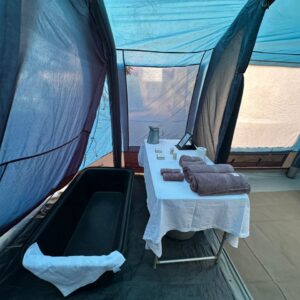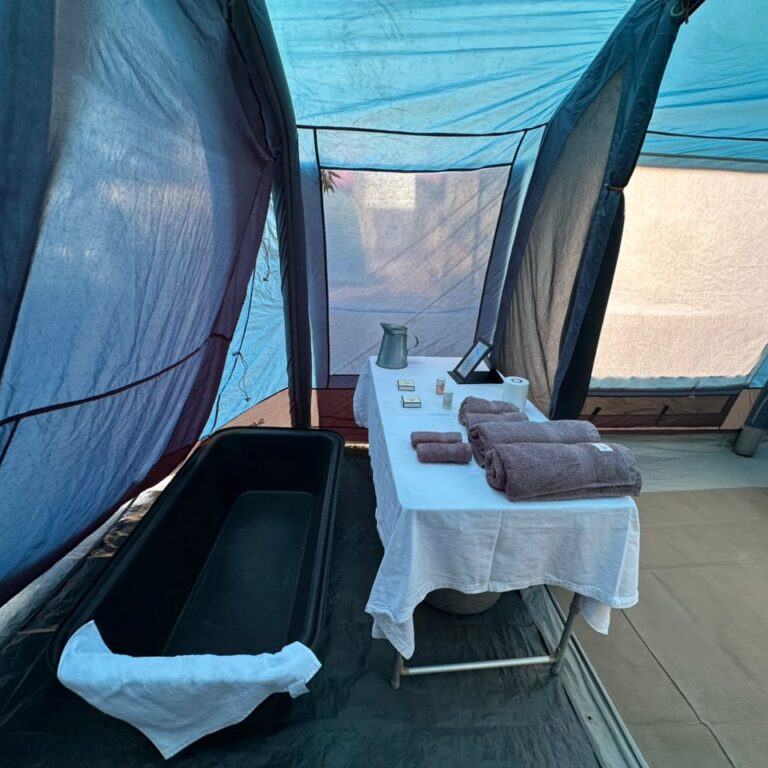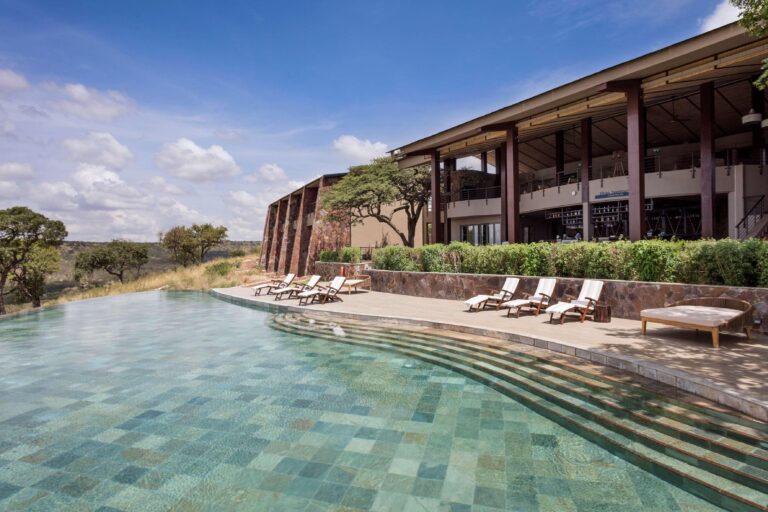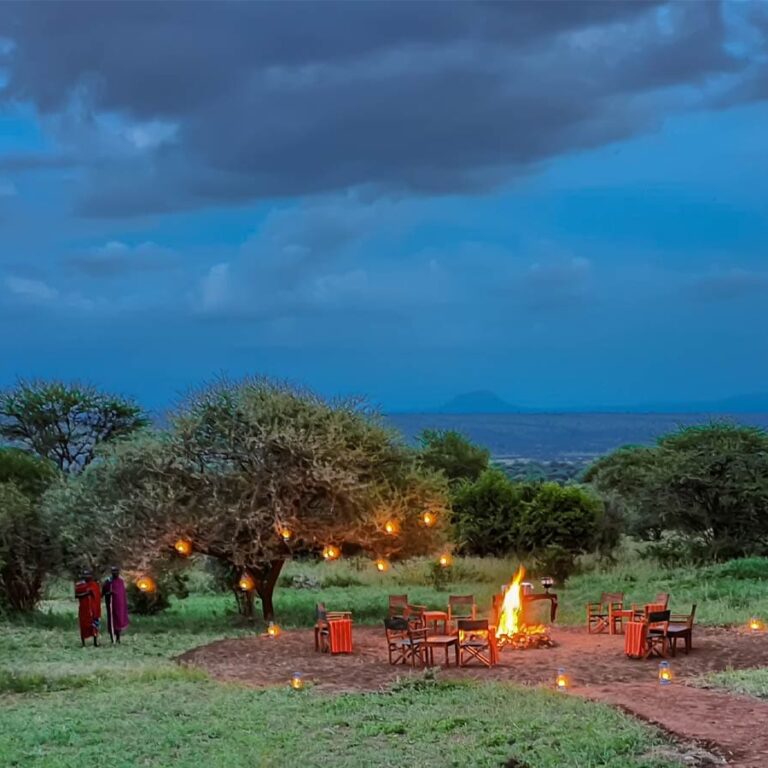Are you planning an African safari adventure? Read our top 10 tips for booking your African safari to ensure an unforgettable and hassle-free experience. From choosing the right time to go to picking the perfect safari tour, we’ve got you covered. Top 10 Tips for Booking Your African Safari: Your Ultimate Guide to an Unforgettable Adventure. Discover the top 10 tips for booking your African safari and ensure a memorable adventure. From choosing the right time to packing essentials, we’ve got you covered.
Embarking on an African safari is a dream come true for many. The breathtaking landscapes, majestic wildlife, and unique experiences make it an unforgettable adventure. However, planning and booking a safari require careful consideration to ensure you make the most of your journey. In this comprehensive guide, we’ll walk you through the top 10 tips for booking your African safari, offering insights, advice, and insider information to help you plan an incredible trip. Check this: How to Choose an Ethical African Safari Experience.
Embark on a Memorable African Safari
An African safari is a dream come true for wildlife enthusiasts and adventurers alike. From witnessing the majestic Big Five to exploring vast savannas and experiencing diverse cultures, an African safari promises a once-in-a-lifetime journey. However, planning such an expedition requires careful consideration and attention to detail. In this comprehensive guide, we present the top 10 tips for booking your African safari to help you create cherished memories and ensure an enriching experience.
Tips 1: Understand Your African Safari Destination
Before diving into the booking process, familiarize yourself with the various safari destinations across Africa. Each region offers distinct wildlife, landscapes, and climate.10 Travel Tips When Going on an African Safari. 10 tips on how to Book an Affordable African Safari. From the iconic Serengeti in Tanzania to the lush Tarangire National park East Africa’s best destinations for Luxury Travellers, the choices are vast. Research the topography, wildlife migrations, and best times to visit each destination to match your interests and preferences. Check out the best advice for someone going on an African safari for the first time.
Tips 2: Choose the Right Time to Go African Safari
The timing of your safari plays a crucial role in the quality of your experience. Different regions have different peak seasons for wildlife sightings, and the weather can impact your safari adventure. While the dry season is ideal for game viewing due to thinner vegetation, the wet season brings lush greenery and migratory bird arrivals. Consider your priorities, such as witnessing the Great Migration or avoiding the crowds, when deciding the best time for your African safari. Check out the ultimate guide to planning a successful first African Safari.
Tips 3: Select the Appropriate African Safari Type
African safaris offer diverse experiences, catering to various interests and comfort levels top tips for planning your ultimate East Africa Safari. Decide on the type of safari that suits you best. Classic game drives provide a traditional safari experience, while walking safaris offer an intimate connection with nature. For a touch of luxury, opt for a lodge-based safari with top-notch amenities. On the other hand, camping safaris allow you to immerse yourself fully in the wilderness.
Tips 4: Research Reputable African Safari Tour Operators
The success of your African safari heavily relies on the tour operator you choose. Thoroughly research reputable safari companies with positive reviews and extensive experience in the industry. Look for operators with knowledgeable guides who prioritize conservation and sustainable tourism. Compare tour packages, inclusions, and prices to find the one that aligns with your preferences and budget. Check out the complete African Safari Guide.
Tips 5: Consider Conservation and Ethical African Tourism
As responsible travelers, it is essential to choose safari operators committed to conservation and ethical tourism practices. Support companies that actively contribute to wildlife preservation and local community development. By participating in ethical safaris, you contribute to the protection of Africa’s natural treasures and support the well-being of local communities.
Tips 6: Pack Wisely for Your African Safari Adventure
Packing for an African safari requires careful consideration to ensure comfort and practicality. Lightweight, neutral-colored clothing is ideal for blending into the natural surroundings. Don’t forget to pack essential items like sunscreen, a wide-brimmed hat, insect repellent, and sturdy walking shoes. Depending on the season and destination, you may also need to pack warm clothing for chilly mornings and evenings. Check out these how to pack and prepare for an African Safari.
Tips 7: Stay Healthy and Informed
Before embarking on your African safari, consult your healthcare provider for necessary vaccinations and health precautions. Some regions may require specific vaccinations, and preventive medications may be advised to protect against malaria. Additionally, stay informed about travel advisories and safety guidelines for your chosen safari destination.
Tips 8: Capture Unforgettable African Safari Moments
Preserve the magical moments of your African safari by bringing along a quality camera and extra memory cards. African wildlife is mesmerizing, and you’ll want to capture those breathtaking encounters. Practice your photography skills in advance to make the most of the photographic opportunities presented during the safari. Check out the Africa Travel Tips & Advice from the Experts
Tips 9: Respect African Wildlife and Their Habitat
While on your African safari, remember that you are a guest in the animals’ natural habitat. Observe wildlife from a safe distance and never disturb or feed them. Listen to your guide’s instructions and adhere to park regulations to minimize your impact on the environment and protect the animals and their surroundings.
Tips 10: Immerse Yourself in the African Safari Experience
Finally, fully immerse yourself in the safari experience. Disconnect from the distractions of everyday life and embrace the beauty and serenity of the African wilderness. Be present in the moment, absorb the sights and sounds, and appreciate the harmony of nature. An African safari is not just about ticking off wildlife sightings; it’s about forging a profound connection with the natural world through exploring local Cultures on an African Safari.
FAQs: top 10 Tips For Booking Your African Safari
Booking an African safari? Here are 10 essential tips! Choose the right destination and season for the best wildlife experience. Set a budget—luxury lodges or budget camps? Research reputable tour operators and read reviews. Decide between private or group safaris. Book early, especially for peak season. Check visa, vaccination, and insurance requirements. Pack light but include essentials like binoculars. Plan your itinerary wisely. Consider safari add-ons like cultural tours. Lastly, stay flexible and enjoy the adventure!
What is the best time to book an African safari?
The best time to book an African safari depends on your priorities. The dry season, typically from June to October, offers excellent wildlife sightings due to reduced vegetation. However, if you wish to witness the Great Migration in East Africa, consider traveling between July and October. Alternatively, the wet season, from November to April, brings lush landscapes and migratory bird arrivals.
How Far in Advance Should I Book my African Safari?
For an African safari, book 9-12 months in advance for the best availability, especially during peak seasons. For off-peak travel, 6 months may suffice. Early booking ensures preferred lodges, guides, and activities, optimizing your safari experience.
How to Choose the Right African Safari Destination?
Choosing the right safari destination involves considering your wildlife interests, budget, and travel season. For the Big Five, visit Ngorongoro crater, or Serengeti National Park. For unique species, consider Tarangire National Park, Lake Manyara or Arusha National Park for water-based safaris. Budget-friendly options include Tanzania’s Zanzibar pristine island. Research the best travel times for wildlife visibility and weather conditions to enhance your safari experience.
What are Step by Step to Choosing the Best African Safari Companies
- Research: Look for companies with strong reputations and positive reviews.
- Experience: Ensure they have extensive experience in the regions you wish to visit.
- Guides: Verify the quality and expertise of their guides.
- Itineraries: Compare itineraries for customization, flexibility, and comprehensiveness.
- Safety: Check their safety records and protocols.
- Sustainability: Prefer companies committed to eco-friendly practices.
- Cost: Assess the value offered for the price.
What is the top luxury African safari?
Four Seasons safari lodge in Tanzania is often considered the top luxury African safari. Located in the Serengeti, it offers exclusive access to prime wildlife areas, lavish accommodations, gourmet dining, and personalized service. Guests enjoy private game drives, hot air balloon rides, and exceptional amenities, making it a premier choice for a luxury safari experience.
A Beginner’s Guide to Planning Your First African Safari
Planning your first African safari? Start by choosing your destination—Serengeti, Tarangire, Lake Manyara, Arusha National Park, Lake Eyasi, Lake Natron, Mount Kilimanjaro, and Zanzibar beach, Africa are top picks. Decide on the best time to visit based on wildlife migrations and weather. Select a safari type: luxury lodge, budget camping, or self-drive. Book with a reputable tour operator, pack essentials like binoculars and safari-friendly clothing, and prepare for breathtaking wildlife encounters. Don’t forget travel insurance, visas, and vaccinations. Your adventure of a lifetime awaits!
Are African walking safaris safe?
Yes, walking safaris are safe when conducted by experienced and trained guides. Walking safaris offer a more intimate and immersive experience with nature, allowing you to track wildlife and learn about the smaller aspects of the ecosystem. Follow your guide’s instructions and respect the wildlife, and you’ll have a rewarding and safe experience.
What should I pack for an African safari?
When packing for an African safari, prioritize lightweight, neutral-colored clothing for blending into the surroundings. Essential items include sunscreen, a wide-brimmed hat, insect repellent, sturdy walking shoes, and a camera with extra memory cards. Depending on the season and destination, you may also need to pack warm clothing for chilly mornings and evenings.
How do I choose a reputable East African safari tour operator?
Researching reputable safari tour operators is crucial to ensuring a successful safari experience. Look for companies with positive reviews, extensive experience, and knowledgeable guides. Consider operators that prioritize conservation and ethical tourism practices. Compare tour packages, inclusions, and prices to find the one that best suits your preferences and budget.
Is ethical tourism important for African safaris?
Yes, ethical tourism is of utmost importance for African safaris. By choosing safari operators committed to conservation and ethical practices, you contribute to the protection of wildlife and the well-being of local communities. Ethical tourism ensures that your travel positively impacts the environment and the people of the region.
What are some ethical practices during an African safari?
During an African safari, ethical practices include observing wildlife from a safe distance, never disturbing or feeding animals, and adhering to park regulations. Additionally, supporting local communities and sustainable initiatives contributes to the ethical nature of your safari. Respect the environment and its inhabitants to help preserve Africa’s natural treasures.
How do I plan my first African safari?
Plan on at least two weeks. That should allow for at least three different camps in different areas, for three nights each. Generally, you get an early morning game drive and a late afternoon game drive each day, so two full days in each camp almost guarantees that you’ll see a lots. What do I need to know before going on an African safari?
- African Safari Tips: 20 Things To Know Before Going On Your
- Best African safari tips for first-timers
- Find out the best time to go for an African safari
- Wake up early
- Be on the look-out to spot the wild animals
- Ask a lot of questions
- Take your time to enjoy the wildlife
- Take lots of photos
- Bring a good camera
- Follow the rules and listen to your guide
How do you arrange an African safari?
If you want to start planning a safari in Africa, here are our expert tips on making it a seamless process:
- Know When You Want to Go. In Africa, timing is everything
- Know Where You Want to Go
- Have a Budget Estimate
- Know Your Travel Style
- Choose an Established Travel Agent.
How far in advance should I plan an African safari?
As we mentioned before, you should start planning your dream safari six months to a year in advance. However, when you do start planning, you should consider your preferences. For example, if you’re interested in experiencing the zebra migration, you should visit Botswana between December-January or March to April.
How much should I save for African safari?
The base average African safari cost is somewhere between $750 to $1,500 per person, per day or $625 to $7,500 per person for a 5-day safari. This price may or may not include accommodations, transportation to and from the safari camp, tips, and meals.
How many nights do you need for African safari?
We arrange trips to Africa which vary in range from just five nights, all the way up to two or three months and everything in between. The most common duration for a decent safari trip is 10-18 nights in Africa, plus your travel time.
Conclusion: Embark on an Unforgettable Journey
Embarking on an African safari is a thrilling adventure that promises incredible wildlife encounters and unforgettable experiences. By following the top 10 tips for booking your African safari, you’ll be well-prepared to make the most of this extraordinary journey. From understanding your destination to choosing ethical tour operators and packing wisely, each step is essential to create cherished memories and ensure a positive impact on the environment and local communities.
So, seize the opportunity, plan your African safari meticulously, and get ready to immerse yourself in the wonders of the wild. Africa’s breathtaking beauty awaits you, offering a transformative experience that will stay etched in your heart forever. TripAdvisor Reviews.








